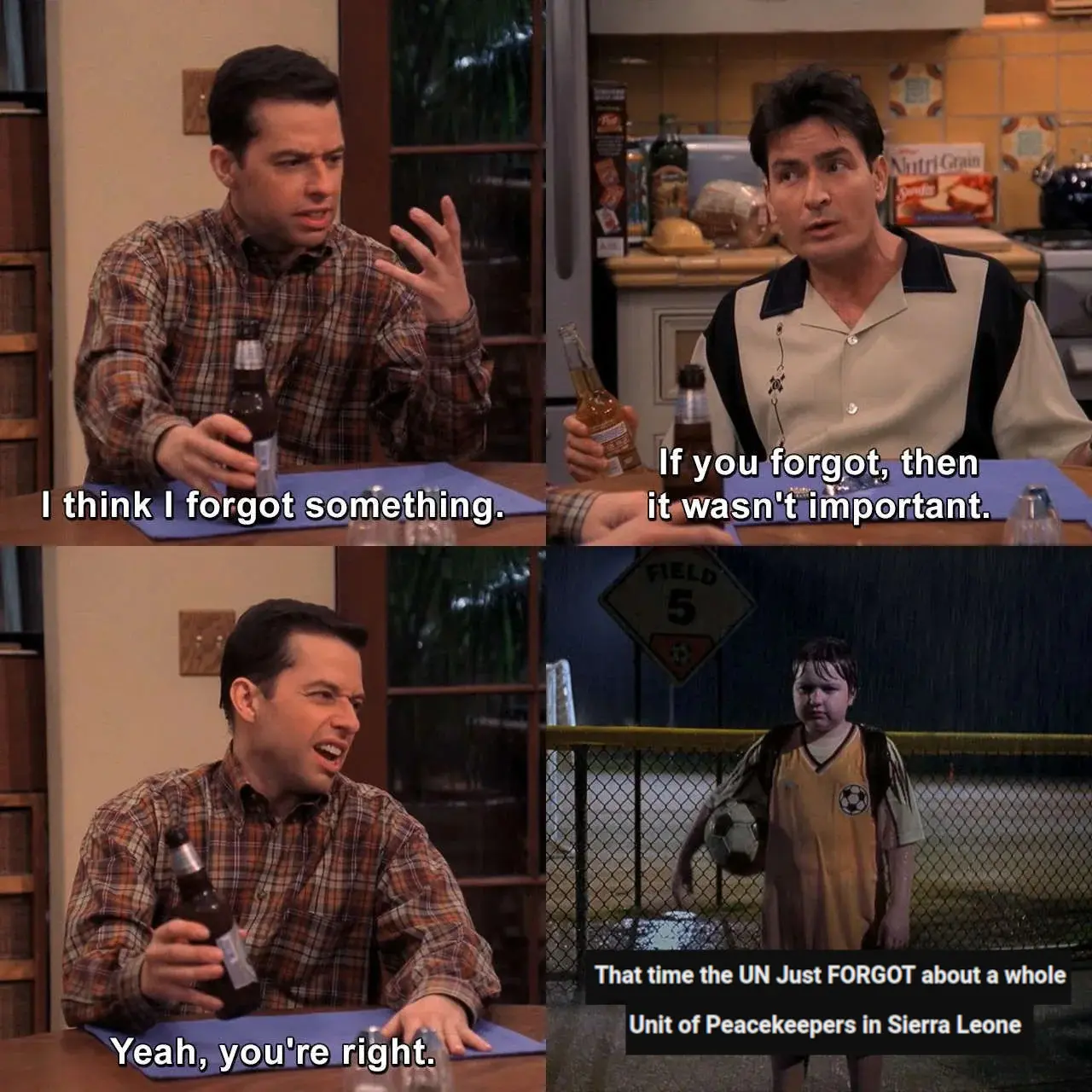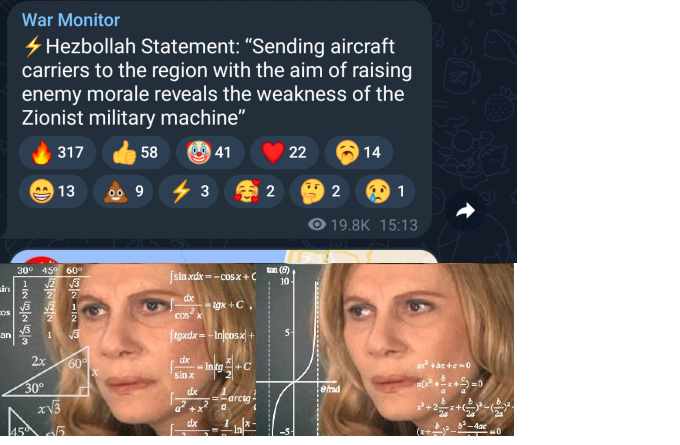I think it can work only in small companies. I used to work in a place that had 15 people total, and our compensation was tied directly to company revenue. Not even individual performance, company performance. And each one of us had a direct impact on it.
It was one of the healthiest job environments ever. Burnout was a risk, but even that was manageable with conscious planning.
Exactly, working harder than the bare minimum not to be fired will not get you rewarded.
"Take what you can, give nothing back"
Says someone whose urinary tract is combined with reproductive organs
What is it this time?
I'm not sure there will be a difference either way. Customer service jobs spent decades trying to train humans to act as much as robots as possible. Of course replacing them with a shitty bot seemed to make sense, they were already pretending to be shitty bots.
Any "quality" in customer support comes from individuals circumventing company rules to provide actual support to the customer. AI can't do that.
Is he using a random number generator?
Leave home to buy some spices, then go to a wrong grocery store and make a mess there breaking everything on the shelves
The rule is buy the default-gendered variant. If there a special "men's section" or "women's section" for a certain product category it means you'll be ripped off.
[object Object]
The biggest issue would be microchips which require some really precise machinery to manufacture.
1930s - complete reverse engineering
By then they had both an understanding of semiconductors and computational theory. Using semi-conductive materials to compute wasn't yet a thing, but there wouldn't be much surprise at the concept. Some kind of reproduction is likely, probably not a 5nm manufacturing process like modern chip factories, but they could make it.
1890s - eventual understanding, but not able to manufacture
Measuring devices were sensitive enough by then to measure tiny electrical fluctuations. They would be able to tell the device functions due to processing of electrical signals, even capture those signals. Biggest missing piece is mathematical theory - they wouldn't immediately understand how those electrical signals produce images and results.
Reproduction - no. Maybe the would get an idea what's needed - refining silicon and introducing other stuff into it, but no way they could do it with equipment of the day.
1830s - electricity goes into a tiny box and does calculations, wow!
This is the age of the first great electrical discoveries.
They would be in awe what is possible, and understand on a high level how it's supposed to work. Absolutely no way to make it themselves.
1730s - magic, burn the witch!
8 hours of nominal work does equal about 3-4 hours of actual focused work. This is completely normal don't let anyone tell you otherwise.
Humans need to eat, go to toilet, socialize with their coworkers, relax the brain, move if constantly in the same position.
Btw, meetings are work. If you spend a lot of time in meetings that does count as actual work.










But image if we can provide so much for 8.5 billion, it means we can provid double for 4 billion. There is no reasonable excuse to keep increasing the human population.